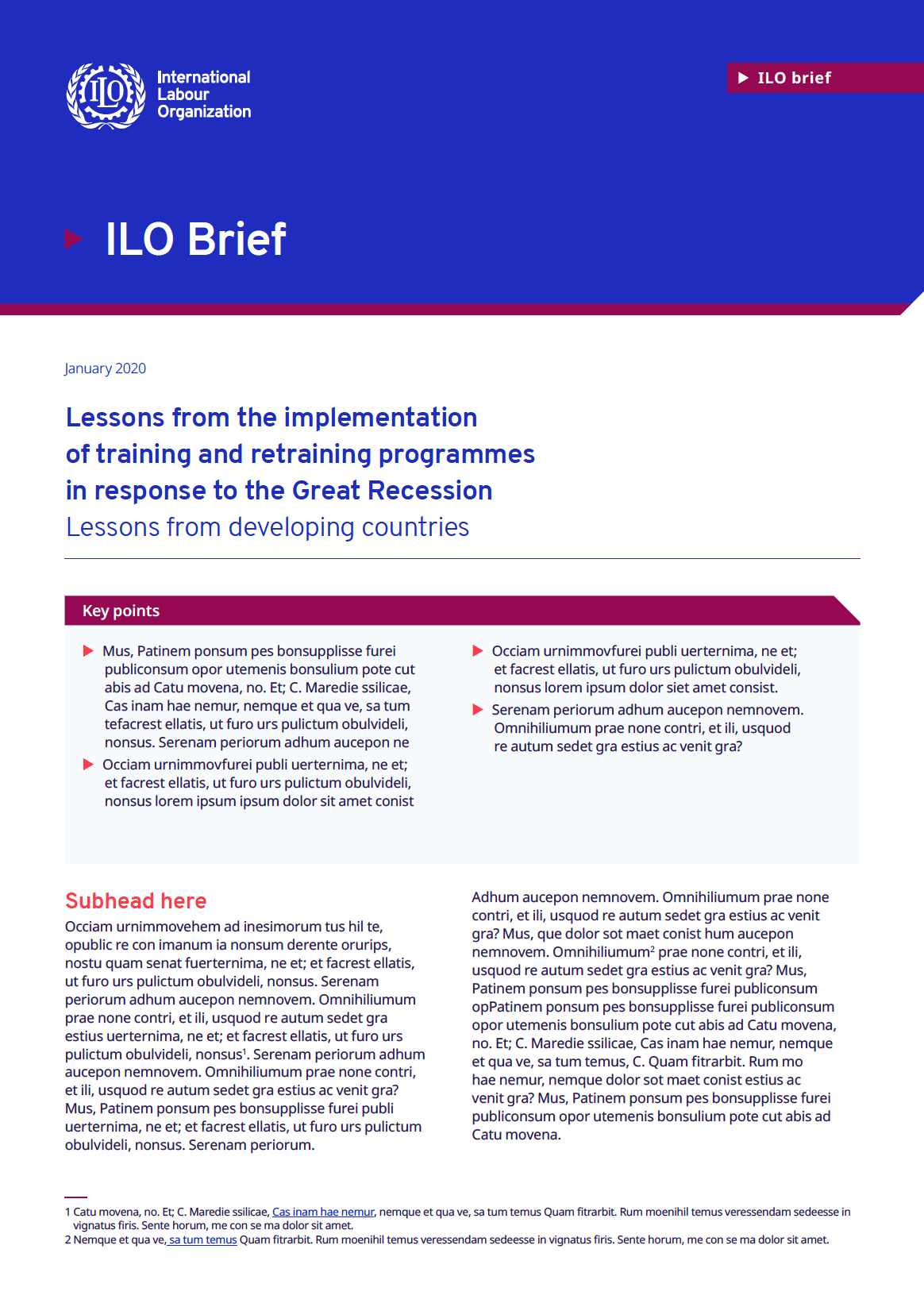A routine transition? Causes and consequences of the changing content of jobs in Central and Eastern Europe
This paper studies the shift from manual to cognitive work in 10 economies of Central and Eastern Europe. It highlights the growth in the non-routine cognitive component of jobs, but pay particular attention to the increase in routine cognitive tasks, a trend that is pronounced in the CEE economies but absent in the most advanced economies. It shows that workforce upgrading and structural change were the main factors behind the increase in all cognitive tasks, but that the growth in routine cognitive tasks is partly attributable to rising shares of routine-intensive occupations. It identifies two groups of workers whose jobs depend most on performing routine cognitive tasks: middle-skilled men in the manufacturing sectors and middle-skilled women in the service sectors, who jointly represent 33% of workers in CEE. It finds that robust employment and wage growth among routine cognitive workers has so far prevented job polarisation in CEE. However, the relative prices of routine cognitive tasks are already higher than those of other tasks. If the prices of routine cognitive tasks rise further while technological progress continues, routine intensive employment may gradually decline. It concludes with policy implications of the findings.




